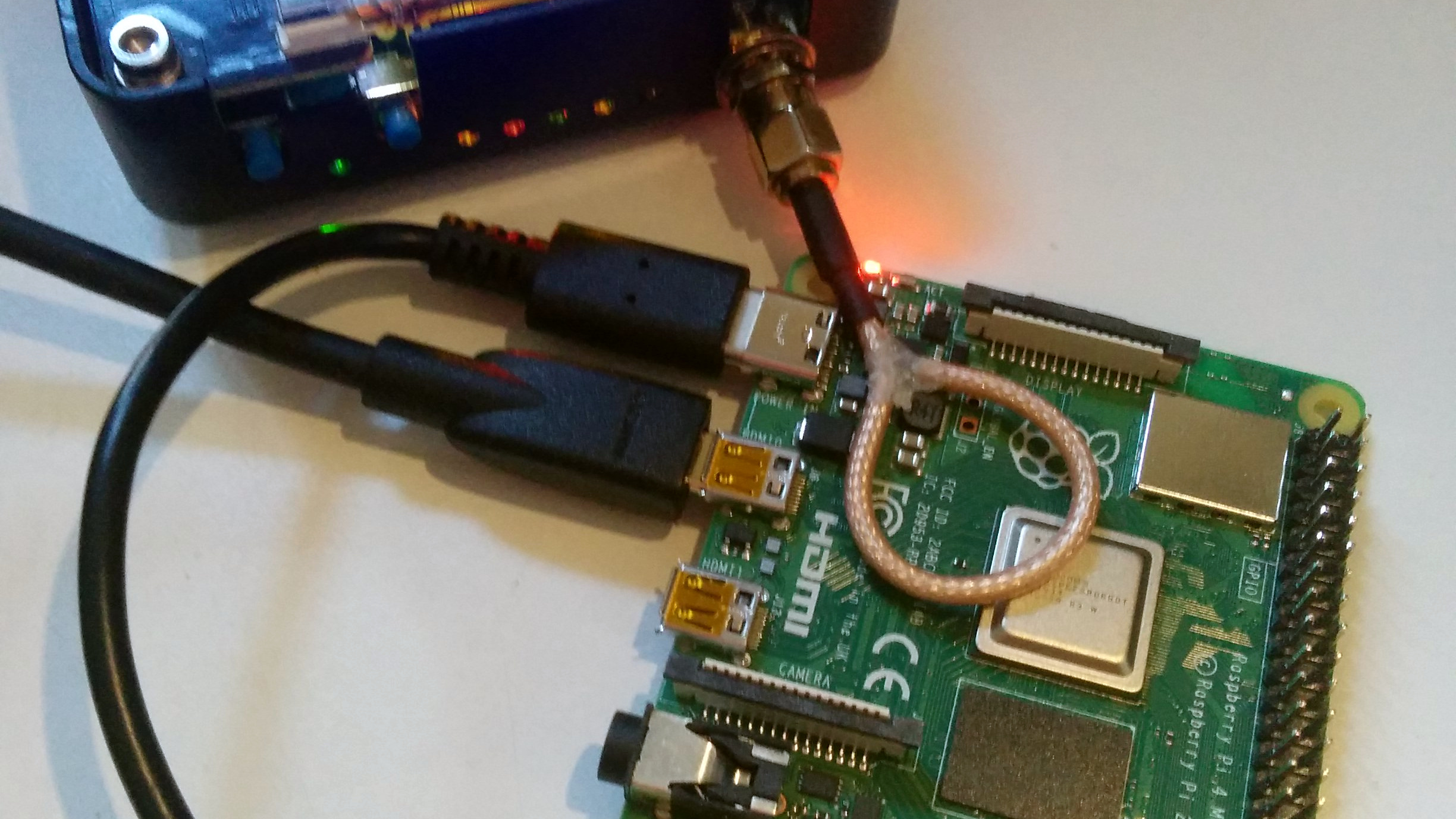
Amazon.com: Geekworm Raspberry Pi Hdmi-in Module, Hdmi to CSI-2 C779, Hdmi inpute TC358743 Supports up to 1080p25fps Compatible with Raspberry Pi 4B/3B+/3B/Pi Zero/W/2W : Electronics

Elecrow Hdmi Connector,standard Hdmi To Micro Hdmi,for 5 Inch Hdmi Raspberry Pi Screen Display ,for Raspberry Pi 2b/3b/3b+/4b - Lcd Modules - AliExpress

Miuzei Raspberry Pi 4 Touch Screen with Case &Fan, 4 inch IPS Full-Angle Game Display, 800×480 Pixel, Support HDMI Input with Touch Pen, 4 Pcs Heatsinks, (Support Raspbian, Kali) Not include pi

1080P Male to Male Adapter for Raspberry Pi 3 4 HDMI compatible Converter LCD Touchscreen Display|converter adapter|display adapterdisplay to hdmi - AliExpress

UCTRONICS HDMI to HDMI Adapter Boards for Raspberry Pi 3 B/B+, Compatible with 19 inch 3U Rack Mount and 3B/3B+ Mounting Plates, 2-Pack

Amazon.com: Miuzei Case for Raspberry Pi 4 with Fan, 3A USB-C Power Supply, 1.5M Micro HDMI Cable, HDMI-Micro HDMI Adapter, 4 Aluminum Heat Sinks, USB Card Reader (Raspberry Pi 4 Not Included :

I2C Shield for Raspberry Pi 4, Pi 3, & Pi 2 with Outward Facing I2C Port Terminates over HDMI Port - store.ncd.io
















